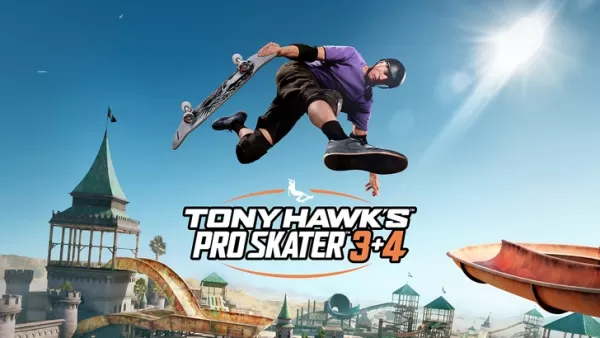Nintendo's aggressive stance against emulation is well-documented. Recent examples include the $2.4 million settlement with Yuzu emulator developers in March 2024, the October 2024 cessation of Ryujinx development following Nintendo's intervention, and the legal advice preventing a full Steam release of the Gamecube/Wii emulator Dolphin in 2023 due to Nintendo's pressure. The 2023 case against Gary Bowser, who resold devices enabling Nintendo Switch piracy, resulting in a $14.5 million debt, further highlights this commitment.
A recent report from Denfaminicogamer (via VGC) sheds light on Nintendo's legal strategy, as detailed by Koji Nishiura, a patent attorney and Assistant Manager of Nintendo's Intellectual Property Division, at Tokyo eSports Festa 2025. Nishiura clarified that while emulators aren't inherently illegal, their use can become illegal depending on functionality. Specifically, emulators that copy game programs or disable console security measures may infringe on copyright laws.
This legal approach largely relies on Japan's Unfair Competition Prevention Act (UCPA), limiting Nintendo's extraterritorial reach. The Nintendo DS "R4" card, which allowed pirated game execution, serves as a key example. Following legal action from Nintendo and other software manufacturers, the R4 was effectively outlawed in Japan in 2009.
Nishiura also highlighted the illegality of tools facilitating pirated software downloads within emulators, citing "reach apps" in Japanese law. Examples include the 3DS's "Freeshop" and the Switch's "Tinfoil."
Nintendo's lawsuit against Yuzu cited one million pirated copies of The Legend of Zelda: Tears of the Kingdom, emphasizing the financial gain from Patreon subscriptions offering early access and exclusive features as a key factor in their legal argument.









